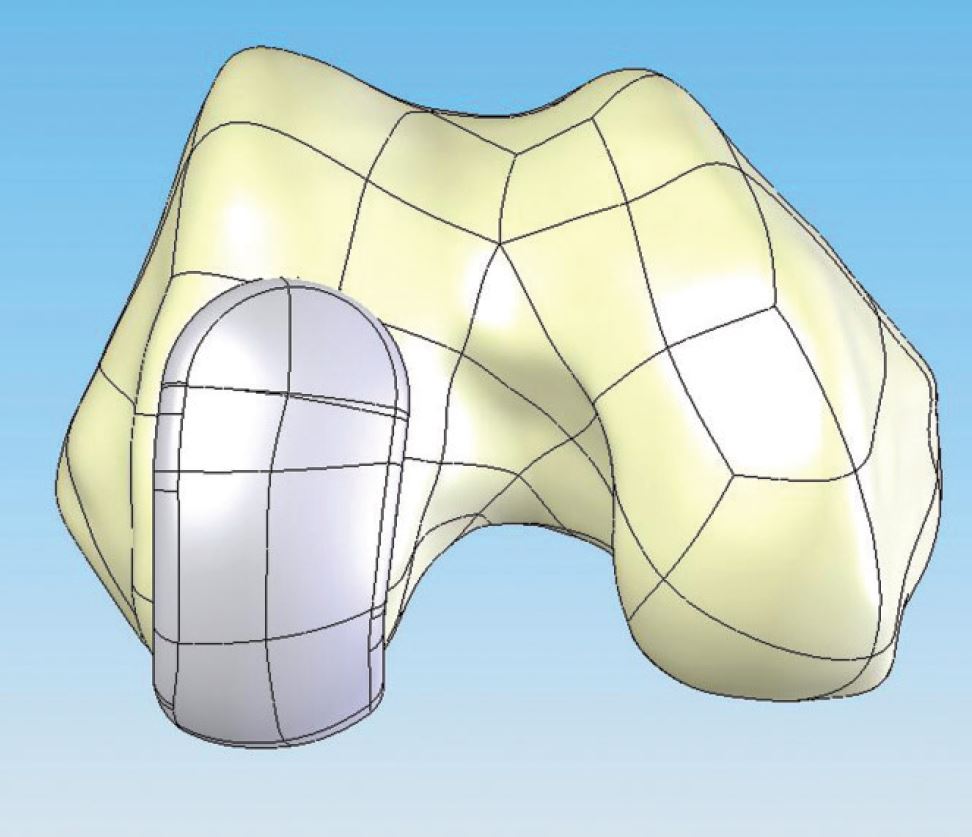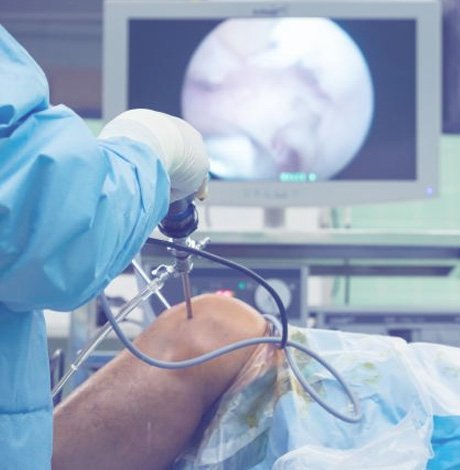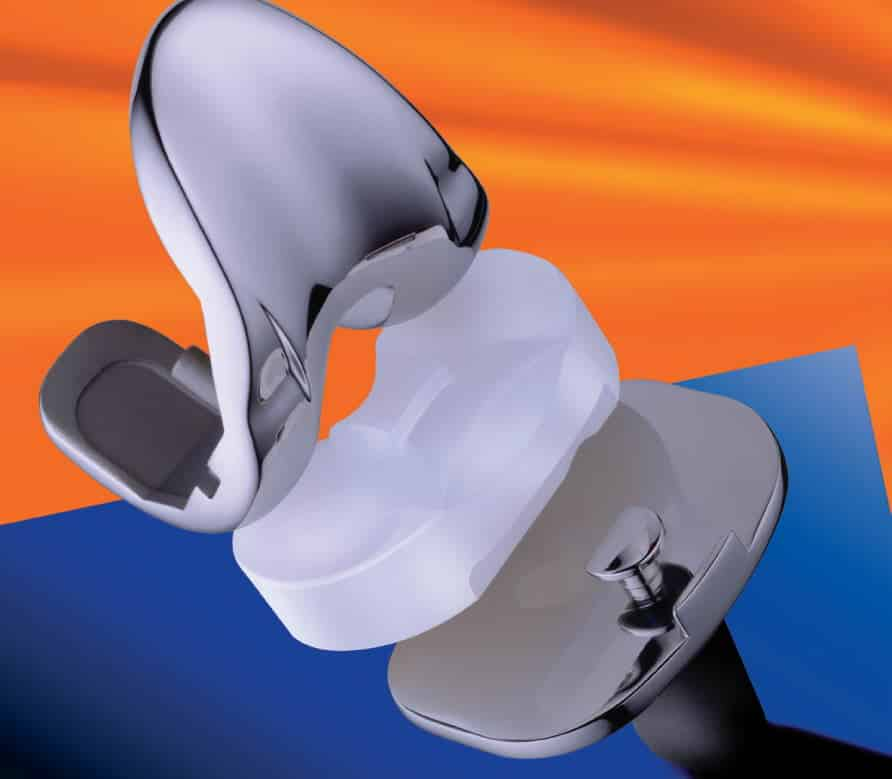The field of medicine is constantly evolving, and advancements in surgical procedures have significantly improved the quality of life for many individuals. Total knee replacement surgery is one such procedure that has witnessed remarkable developments in recent years. This article will delve into the innovative advancements in total knee replacement surgery and shed light on the promising future it holds for knee health.
Enhanced Precision with Computer-Assisted Technology
 In the quest for improved surgical outcomes, computer-assisted technology has emerged as a game-changer in total knee replacement surgery. This innovative approach utilizes three-dimensional imaging and computer navigation systems to assist surgeons in achieving a higher level of precision. By providing real-time visual feedback and guidance, computer-assisted technology allows surgeons to make more accurate incisions and optimize the alignment of the artificial knee joint.
In the quest for improved surgical outcomes, computer-assisted technology has emerged as a game-changer in total knee replacement surgery. This innovative approach utilizes three-dimensional imaging and computer navigation systems to assist surgeons in achieving a higher level of precision. By providing real-time visual feedback and guidance, computer-assisted technology allows surgeons to make more accurate incisions and optimize the alignment of the artificial knee joint.
Personalized Implants for Optimal Fit and Functionality

Minimally Invasive Techniques for Faster Recovery
 Traditionally, total knee replacement surgery involved large incisions and significant trauma to surrounding tissues. However, recent advancements have introduced minimally invasive techniques that aim to minimize tissue damage and accelerate recovery time. Through smaller incisions and specialized surgical instruments, surgeons can now perform total knee replacements with reduced blood loss, less postoperative pain, and shorter hospital stays. These techniques not only promote faster healing but also allow patients to regain their mobility and resume their daily activities more quickly.
Traditionally, total knee replacement surgery involved large incisions and significant trauma to surrounding tissues. However, recent advancements have introduced minimally invasive techniques that aim to minimize tissue damage and accelerate recovery time. Through smaller incisions and specialized surgical instruments, surgeons can now perform total knee replacements with reduced blood loss, less postoperative pain, and shorter hospital stays. These techniques not only promote faster healing but also allow patients to regain their mobility and resume their daily activities more quickly.
The Rise of Robotics in Knee Replacement Surgery
 Robotic-assisted surgery has gained tremendous popularity across various medical disciplines, including knee replacement surgery. With the aid of robotic systems, surgeons can achieve unparalleled precision and control during the procedure. Robotic platforms utilize preoperative planning and real-time feedback to guide surgeons in bone preparation, implant positioning, and soft tissue balancing. This level of precision ensures optimal alignment, stability, and range of motion, leading to improved long-term outcomes and patient satisfaction.
Robotic-assisted surgery has gained tremendous popularity across various medical disciplines, including knee replacement surgery. With the aid of robotic systems, surgeons can achieve unparalleled precision and control during the procedure. Robotic platforms utilize preoperative planning and real-time feedback to guide surgeons in bone preparation, implant positioning, and soft tissue balancing. This level of precision ensures optimal alignment, stability, and range of motion, leading to improved long-term outcomes and patient satisfaction.
Biocompatible Materials for Enhanced Longevity
 The materials used in knee replacement implants have also witnessed significant advancements. Modern implants are typically composed of biocompatible materials, such as titanium alloys and medical-grade plastics, which closely mimic the properties of natural bone and cartilage. These materials not only promote better integration with the surrounding tissues but also offer enhanced longevity and durability. With improved implant lifespan, patients can enjoy the benefits of knee replacement surgery for many years, leading to a better quality of life.
The materials used in knee replacement implants have also witnessed significant advancements. Modern implants are typically composed of biocompatible materials, such as titanium alloys and medical-grade plastics, which closely mimic the properties of natural bone and cartilage. These materials not only promote better integration with the surrounding tissues but also offer enhanced longevity and durability. With improved implant lifespan, patients can enjoy the benefits of knee replacement surgery for many years, leading to a better quality of life.
Conclusion
The future of knee health looks promising, with advancements in total knee replacement surgery transforming the lives of individuals suffering from knee conditions. From personalized implants and robotic-assisted surgery to minimally invasive techniques and regenerative therapies, these advancements offer hope for improved outcomes, reduced pain, and enhanced quality of life. As research and innovation continue to drive progress in the field, we can expect even more remarkable developments that will shape the future of knee health and contribute to the overall well-being of individuals worldwide.
FAQs (Frequently Asked Questions)
1. Is knee replacement surgery suitable for everyone?
Knee replacement surgery is typically recommended for individuals who experience severe knee pain, stiffness, or mobility issues due to conditions like osteoarthritis, rheumatoid arthritis, or traumatic injuries. However, the suitability of the procedure varies for each patient. It is best to consult with a healthcare professional who can evaluate your specific condition and recommend the appropriate treatment.
2. How long does the recovery process take after knee replacement surgery?
The recovery process after knee replacement surgery varies from person to person. Generally, it takes several weeks to months to fully recover and regain normal knee function. Rehabilitation, physical therapy, and adherence to post-operative instructions play a crucial role in the recovery process.
3. Are there any risks or complications associated with knee replacement surgery?
Like any surgical procedure, knee replacement surgery carries some risks and potential complications. These may include infection, blood clots, implant loosening, nerve damage, or allergic reactions. However, advancements in surgical techniques and post-operative care have significantly reduced these risks. Your healthcare team will provide detailed information and take necessary precautions to minimize complications.
4. Can knee replacement surgery be performed using minimally invasive techniques?
Yes, knee replacement surgery can be performed using minimally invasive techniques. These approaches involve smaller incisions, resulting in reduced tissue damage, faster healing, and shorter hospital stays. However, not all cases are suitable for minimally invasive surgery, and the decision depends on factors such as the patient's condition and the surgeon's expertise.
5. What is the role of physical therapy in knee replacement surgery?
Physical therapy plays a crucial role in the rehabilitation and recovery process after knee replacement surgery. It helps strengthen the muscles around the knee joint, improve flexibility and range of motion, and restore functional abilities. A physical therapist will design a personalized exercise program to support your recovery and optimize long-term outcomes.
Experience Life without Knee Pain!
Are you tired of living with knee pain? Take the first step towards a pain-free life! Consult Dr. Amyn Rajani, the renowned knee specialist in Mumbai, for advanced total knee replacement surgery. With his expertise and compassionate care, Dr. Rajani can help restore your knee health, improve mobility, and enhance your overall quality of life. Don't let knee pain hold you back—schedule your consultation today on 91-88989 75355 / 91-22-23619137 and embark on a journey towards a brighter, pain-free future.




Thanks so much for the article. Thanks Again.